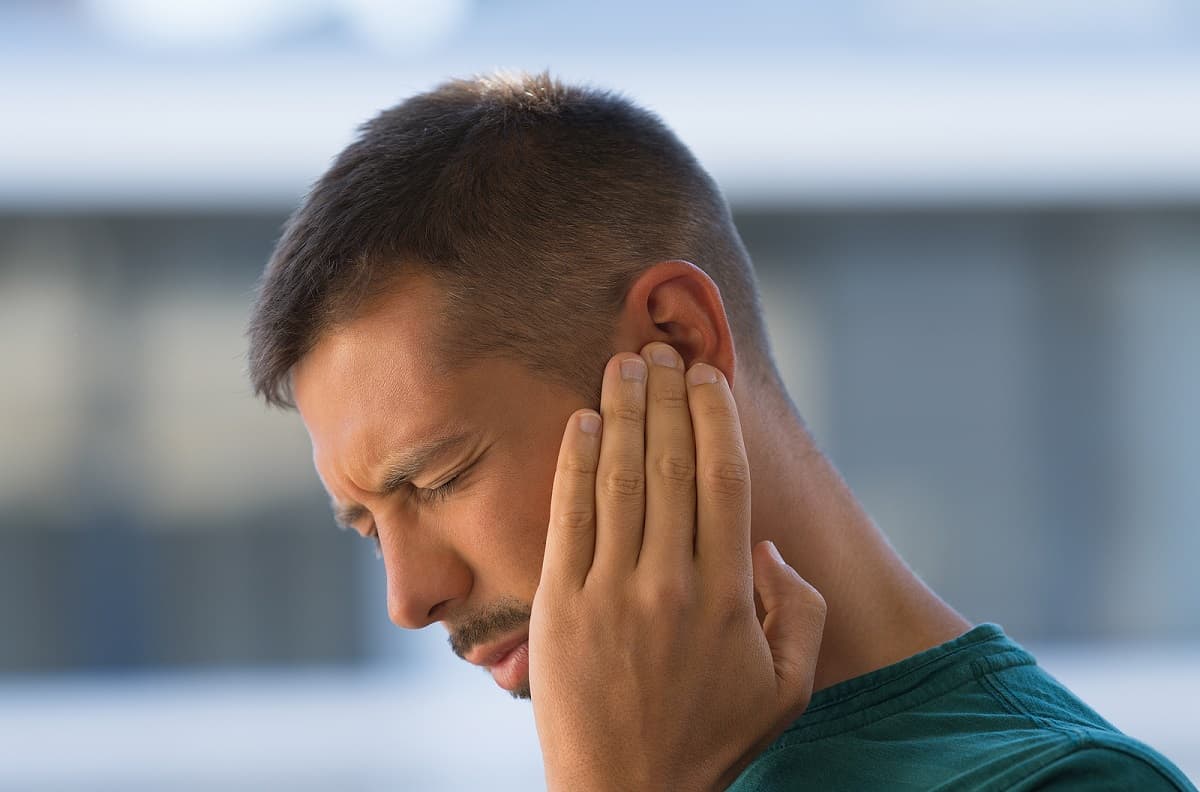- Understanding the Connection Between Tinnitus and Weather - May 17, 2025
- The Most Unexpected Reasons Hearing Aids Can Malfunction - May 9, 2025
- How OAE Testing Unveils Hidden Hearing Loss - April 15, 2025
Headphones have become an everyday item that many of us use throughout the day. Whether it’s to talk on the phone, have a work meeting online, listen to music or podcasts; we use headphones to engage in various activities on a daily basis. There are also numerous styles and types of headphones which increases their accessibility. While headphones add convenience to our days, they can also impact hearing health. Headphones can actually contribute to the development of noise induced hearing loss. It is important to practice safety measures that allow you to comfortably use headphones without compromising your hearing health.
Can using headphones cause hearing loss?
One time or consistent exposure to loud noise can irreparably damage the auditory system – the sensory system for hearing. We are regularly exposed to high noise levels and using headphones is a common source. In fact, the World Health Organization (WHO) estimates that over 1 billion children and young adults are at increased risk of developing noise induced hearing loss. This increased risk is largely due to loud noise exposure from sources like headphones
According to WHO, 50% of people, ages 12-35, listen to audio via headphones on levels that are dangerous for hearing health. Headphones connected to personal audio devices like your smartphone can reach dangerously high noise levels on their maximum setting. Some are reported to reach 100-102dB (decibels) and at this level, safe exposure time is less than 7 minutes. Because headphones are an item that many use daily, this consistent loud noise exposure can significantly increase the risk of developing noise induced hearing loss.
How can headphones damage hearing health?
Headphones can generate hazardous noise levels which can damage the sensory cells in the inner ear. There are thousands of hair cells in the cochlea – 16,000 in each ear – which play a major role in how sound is processed. These cells convert incoming sound waves into electrical signals that get sent to the brain. The brain is then able to further process these signals, including assigning meaning to them, allowing us to understand what we hear. Loud noise can desensitize and weaken these sensory cells, reducing their capacity to process soundwaves effectively.
Sensory cells in the cochlea, unlike other types of cells we have, do not regenerate. There are also no medical interventions that can replenish or repair these cells. This means that any damage they experience is permanent. The effect loud noise has on these cells results in the brain receiving less auditory information. This produces chronic hearing loss, reducing one’s ability to hear and process speech as well as sound.
How can I protect my hearing while using headphones?
Noise induced hearing loss is completely preventable. There are several safety measures you can practice to protect your hearing health while using headphones. This includes the following:
- Follow 06/60 rule: a helpful rule to follow is the 60/60 rule which involves keeping your headphones at less than 60% of their total volume for no more than 60 minutes at a time. This allows you to listen to audio comfortably and at safe volume levels – it is also an easy rule of thumb to remember.
- Monitor volume levels: be sure to test your headphones and the device they are connected to. You want to know how loud they get and you can identify this by downloading an app that measures decibels. Monitoring your noise levels allows you to adjust them and your exposure time. Experts recommend keeping volume settings below 70 decibels.
- Use over the ear headphones: there are various types of headphones that can be categorized as over the ear and in the ear styles. Using over the ear headphones is the safest option. These headphones distribute sound more evenly and are not extremely close to your eardrums. This differs from earbuds which are worn directly in the ears meaning that loud noise is even more impactful.
- Invest in noise cancellation: noise cancellation technology is designated to reduce background noise. This prevents wearers from having to increase volume settings when moving through environments that are noisier, allowing people to listen to audio safely.
- Take breaks: take listening breaks throughout the day. This gives your ears and brain time to rest from always absorbing and processing sound.
- Test hearing: be sure to regularly test your hearing so you can monitor your hearing health.
Practicing these strategies can reduce your risk of hearing loss and support you listening to audio safely. Contact us to learn more about how you can protect your hearing health and wellness.

